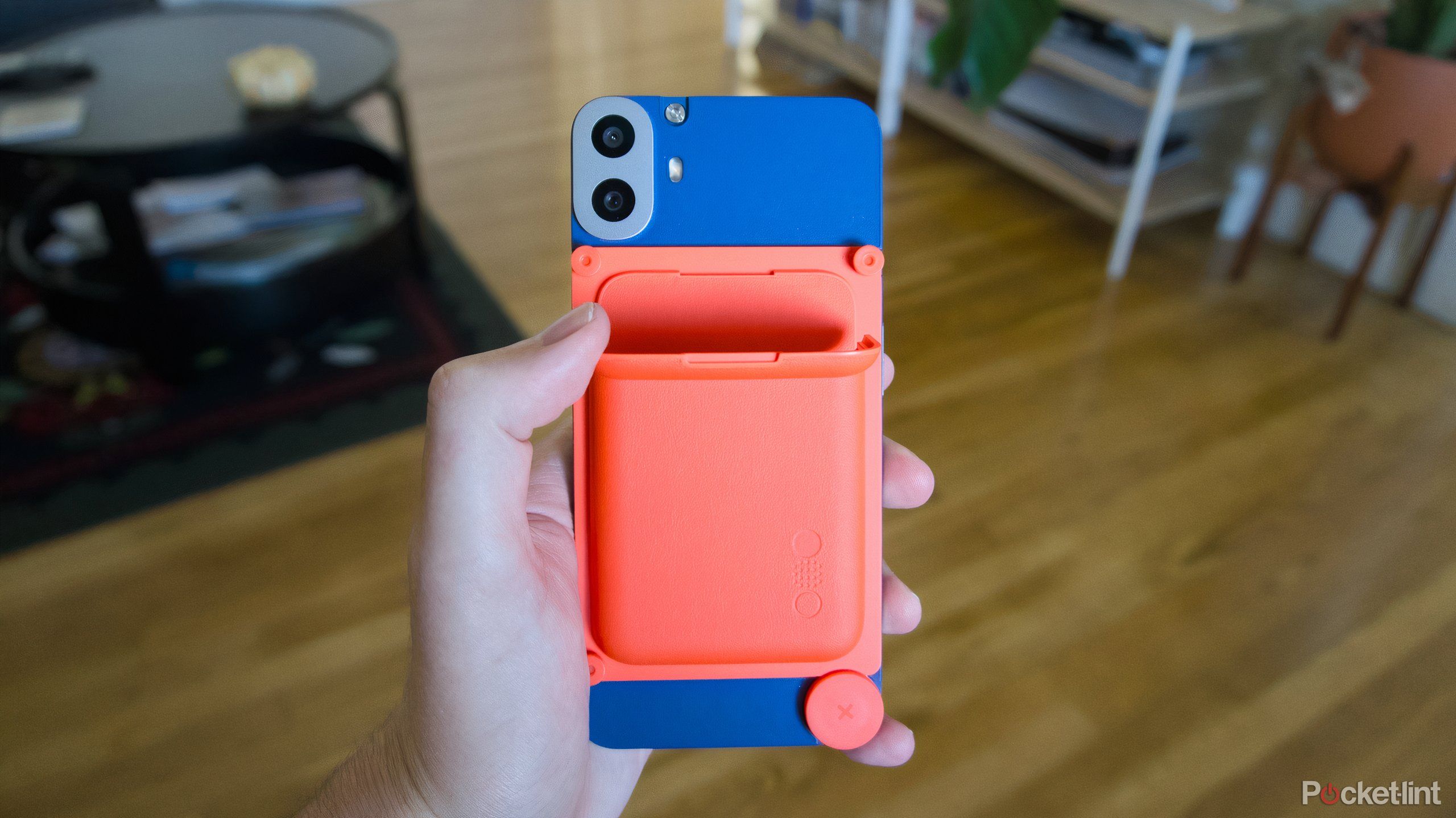Google prevented over 1.43 million apps on Play Store in 2022 for policy violation
Google said that it prevented more than 1.43 million apps from entering the Play Store, as they violated its policy.
“In 2022, we prevented 1.43 million policy-violating apps from being published on Google Play in part due to new and improved security features and policy enhancements — in combination with our continuous investments in machine learning systems and app review processes. We also continued to combat malicious developers and fraud rings, banning 173K bad accounts, and preventing over $2 billion in fraudulent and abusive transactions,” Google said on Thursday via a blog.
Google also said it has “raised the bar for new developers to join the Play ecosystem with phone, email, and other identity verification methods, which contributed to a reduction in accounts used to publish violative apps”.
“We continued to partner with SDK providers to limit sensitive data access and sharing, enhancing the privacy posture for over one million apps on Google Play. With strengthened Android platform protections and policies, and developer outreach and education, we prevented about 500K submitted apps from unnecessarily accessing sensitive permissions over the past 3 years,” the blog post read.
Google also explained how it is working to protect people’s privacy online.
“In 2022, the App Security Improvements program helped developers fix ~500K security weaknesses affecting ~300K apps with a combined install base of approximately 250B installs. We also launched the Google Play SDK Index to help developers evaluate an SDK’s reliability and safety and make informed decisions about whether an SDK is right for their business and their users. We will keep working closely with SDK providers to improve app and SDK safety, limit how user data is shared, and improve lines of communication with app developers. We also recently launched new features and resources to give developers a better policy experience. We’ve expanded our Helpline pilot to give more developers direct policy phone support. And we piloted the Google Play Developer Community so more developers can discuss policy questions and exchange best practices on how to build safe apps,” the blog stated further.
“In addition to the Google Play features and policies that are central to providing a safe experience for users, each Android OS update brings privacy, security, and user experience improvements. To ensure users realize the full benefits of these advances — and to maintain the trusted experience people expect on Google Play — we collaborate with developers to ensure their apps work seamlessly on newer Android versions. With the new Target API Level policy, we’re strengthening user security and privacy by protecting users from installing apps that may not have the full set of privacy and security features offered by the latest versions of Android,” Google added in the post.
Google also talked about rolling out new license requirements for personal loan apps in Kenya, Nigeria, and the Philippines.
“This past year, we rolled out new license requirements for personal loan apps in key geographies – Kenya, Nigeria, and Philippines – with more stringent requirements for loan facilitator apps in India to combat fraud. We also clarified that our impersonation policy prohibits the impersonation of an entity or organization – helping to give users more peace of mind that they are downloading the app they’re looking for. We are also working to help fight fraudulent and malicious ads on Google Play. With an updated ads policy for developers, we are providing key guidelines that will improve the in-app user experience and prohibit unexpected full-screen interstitial ads. This update is inspired by the Mobile Apps Experiences – Better Ads Standards,” the post added.
Google also “launched the Data safety section in Google Play last year to give users more clarity on how their app data is being collected, shared, and protected. We’re excited to work with developers on enhancing the Data safety section to share their data collection, sharing, and safety practices with their users.”
In 2022, “the Google Play Store was the first commercial app store to recognize and display a badge for any app that has completed an independent security review through App Defense Alliance’s Mobile App Security Assessment (MASA).
— ANI
The post Google prevented over 1.43 million apps on Play Store in 2022 for policy violation appeared first on Techlusive.

Google said that it prevented more than 1.43 million apps from entering the Play Store, as they violated its policy.
“In 2022, we prevented 1.43 million policy-violating apps from being published on Google Play in part due to new and improved security features and policy enhancements — in combination with our continuous investments in machine learning systems and app review processes. We also continued to combat malicious developers and fraud rings, banning 173K bad accounts, and preventing over $2 billion in fraudulent and abusive transactions,” Google said on Thursday via a blog.
Google also said it has “raised the bar for new developers to join the Play ecosystem with phone, email, and other identity verification methods, which contributed to a reduction in accounts used to publish violative apps”.
“We continued to partner with SDK providers to limit sensitive data access and sharing, enhancing the privacy posture for over one million apps on Google Play. With strengthened Android platform protections and policies, and developer outreach and education, we prevented about 500K submitted apps from unnecessarily accessing sensitive permissions over the past 3 years,” the blog post read.
Google also explained how it is working to protect people’s privacy online.
“In 2022, the App Security Improvements program helped developers fix ~500K security weaknesses affecting ~300K apps with a combined install base of approximately 250B installs. We also launched the Google Play SDK Index to help developers evaluate an SDK’s reliability and safety and make informed decisions about whether an SDK is right for their business and their users. We will keep working closely with SDK providers to improve app and SDK safety, limit how user data is shared, and improve lines of communication with app developers. We also recently launched new features and resources to give developers a better policy experience. We’ve expanded our Helpline pilot to give more developers direct policy phone support. And we piloted the Google Play Developer Community so more developers can discuss policy questions and exchange best practices on how to build safe apps,” the blog stated further.
“In addition to the Google Play features and policies that are central to providing a safe experience for users, each Android OS update brings privacy, security, and user experience improvements. To ensure users realize the full benefits of these advances — and to maintain the trusted experience people expect on Google Play — we collaborate with developers to ensure their apps work seamlessly on newer Android versions. With the new Target API Level policy, we’re strengthening user security and privacy by protecting users from installing apps that may not have the full set of privacy and security features offered by the latest versions of Android,” Google added in the post.
Google also talked about rolling out new license requirements for personal loan apps in Kenya, Nigeria, and the Philippines.
“This past year, we rolled out new license requirements for personal loan apps in key geographies – Kenya, Nigeria, and Philippines – with more stringent requirements for loan facilitator apps in India to combat fraud. We also clarified that our impersonation policy prohibits the impersonation of an entity or organization – helping to give users more peace of mind that they are downloading the app they’re looking for. We are also working to help fight fraudulent and malicious ads on Google Play. With an updated ads policy for developers, we are providing key guidelines that will improve the in-app user experience and prohibit unexpected full-screen interstitial ads. This update is inspired by the Mobile Apps Experiences – Better Ads Standards,” the post added.
Google also “launched the Data safety section in Google Play last year to give users more clarity on how their app data is being collected, shared, and protected. We’re excited to work with developers on enhancing the Data safety section to share their data collection, sharing, and safety practices with their users.”
In 2022, “the Google Play Store was the first commercial app store to recognize and display a badge for any app that has completed an independent security review through App Defense Alliance’s Mobile App Security Assessment (MASA).
— ANI
The post Google prevented over 1.43 million apps on Play Store in 2022 for policy violation appeared first on Techlusive.



